WHO ARE THE HEROES OF ISRAEL?
The film about Golda Meir’s story while serving as Prime Minister during the Yom Kippur war was released, a number of people have asked me to comment on it.
I haven’t seen it yet, but have read some reviews, so I don’t have a lot to say other than, “how can100 minutes on the screen give a true picture of a person’s life?”
Depending on whom you ask, about which snippet of Golda’s long life, you will hear some say she was a hero (eg. in raising funds for the nascent State of Israel), others will say she was a failure in the 1973 War (there were huge failures in in Intelligence which nearly cost us the war!).
But the war has never ended… and we have many heroes. If you meet them in the street, you would think they were just ordinary people.
FOR EXAMPLE
Almost weekly, we drive up to Karkom at the North End of the Sea of Galilee to buy our organic fruits and vegetables from local farmers Orna and David.
I thought they were just an ordinary sweet couple until a few weeks ago when I read an article in the Jerusalem Report written by a friend of mine who also does his shopping at Orna and David’s place.
My friend Gabriel told their story… and as I think about it as I am writing this, the hairs on my arms are standing on end…
ORNA AND DAVID’S STORY AS TOLD BY GABRIEL WISEMAN
(Reader alert: This true story contains descriptions of intense physical violence.)
I first met David Mimram at a fitness center in Katzrin, the largest Jewish town in the Golan. An affable, bearded, strong and stockily built man in his mid sixties, he and I exchanged the usual male small talk consisting of “Where you from?” “What do you do?” and the like. A seventh-generation Jerusalemite, he had become an organic farmer in Karkom, which overlooks Lake Kinneret. When I asked what had brought him to the north of Israel, he surprised me by replying that he had experienced a pigua (terrorist incident) in Itamar, a Jewish settlement in the Shomron (Samaria) and, as a result, sought to relocate to new and more tranquil surroundings.
“A pigua?” I asked, for while the word rolled effortlessly off his tongue, it triggered all sorts of unimaginable and horrific imagery to my mind, as did the name of the settlement, Itamar. I had been to Itamar before and was aware of at least two horrendous terrorist attacks that had taken place there. In 2002, an Arab terrorist broke into the home of the Shabo family and shot to death Rachel Shabo and three of her children aged 15, 12 and five. Two other children aged nine and 13 were seriously wounded by gunshots but survived.
And then on a Friday night in March 2011, two Palestinians from the nearby Arab village of Awarta climbed over Itamar’s security fence. Undetected, they continued walking until they came to a house where candle light emanated from the living room and the sound of songs being sung around the table made it evident that a Shabbat family dinner was in progress. The terrorists, armed with four long knives and an automatic rifle, waited for the guests to leave and for the Fogel family to fall asleep before entering their house through the unlocked back door.
They immediately stabbed and killed Yoav, age 10, and his brother, Elad, age four, before entering their parents’ bedroom, where Ehud and Ruth struggled with their bare hands but upon being stabbed multiple times with 40 centimeter long knives, they too succumbed to their wounds and bled to death. On their way out, the murderers heard a cry from the crib of three-month-old baby Hadas. In a gruesome end to a bloody killing spree, they plunged a knife into the baby’s head before fleeing back to their village.
Approximately one month later, the two terrorists were found hiding in Awarta and arrested. While it was theoretically possible under the old British Mandate still in effect in Judea and Samaria to have applied the death penalty for such heinous crimes, the brutal murderers of the Fogel family were sentenced to life in prison. It is not possible to fathom more compelling facts to have warranted the imposition of the death penalty and yet…
David and Orna Arrive in Itamar
David Mimran and his wife, Orna, arrived in Itamar in 1989. They had met several years earlier in Thailand and would continue on a lifetime trek together that would see them married back in Israel and set them on a path that would combine two of their most salient interests – organic farming and the pursuit of Jewish spirituality. Each was essential to their shared vision for maintaining physical health for the body and for attaining spiritual growth for the soul.
In Itamar, they began to farm – cherry tomatoes and other fruits and vegetables – in hothouses which David built. But already the political climate was changing: “Tension was always there,” David ruminated. “They would throw rocks on passing cars, but after Oslo [the Oslo Accords of 1993], guns and weapons were rampant.”

Rachel Shabo and her Children H”YD
I asked David if he recalled the terrorist attack at the Shabo residence in 2002. “Of course,” he said, “their incident was two weeks before ours. The terrorist came first toward our house. A dog started to bark, and then he turned toward the Shabos’ house. Our children were home alone when they attacked. I was by the entrance gate, and Orna was picking cherry tomatoes.”
“Had you already considered moving?” I inquired.
“We already felt a need for a change. The security situation in particular was not as it once was,” he said ruefully.
I asked David to recall what happened two weeks later, after the Shabo pigua. “We had just celebrated my 44th birthday with all of our eight children. Suddenly, the children’s grandmother called and requested that the children come and stay with her for a few days, at Kibbutz Kfar Hanasi in the North, where Orna’s parents lived. I don’t know what bug entered her mind at that moment, but she was adamant and so were the children. Orna thought it was plain crazy to drive there at 8, 9 o’clock at night – it’s more than a two-hour drive. So I told the children that if they really want to go, they must get ready right away. To my surprise, within two minutes they were all lined up outside the car with their bags in hand. No doubt, the recent pigua at our neighbors’ house had an impact upon them,” David surmised, “so I drove them there, to the grandparents.”
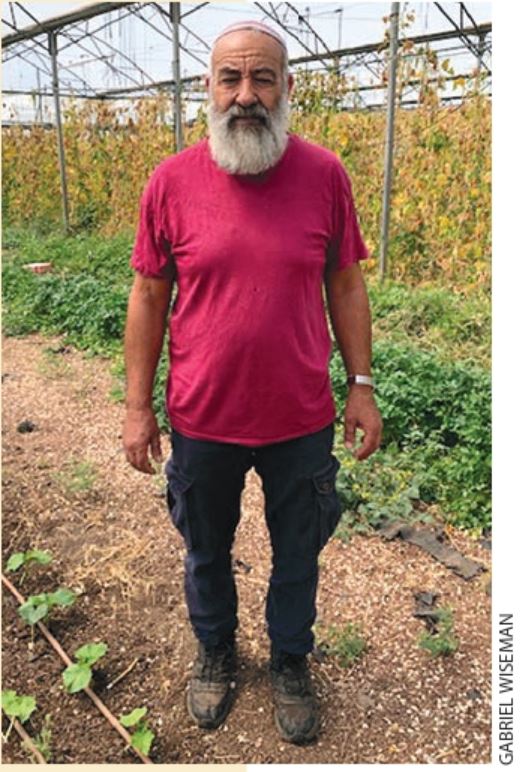
David Mimram in his greenhouse
“The next day,” David continued, “I got up early, did some work in the hot-houses, and met Orna later in Jerusalem because we had just opened a store there to market our produce. We drove back at 10 o’clock at night. We were exhausted and went to sleep.” David paused and took a sip of a farmer’s strong black coffee. “The terrorist came at 3:00 a.m.” he said, and put his cup down.
“Now you have to understand,” he resumed, “I am a very heavy sleeper. My mother used to say that a tank could drive over me and it wouldn’t wake me up. I was in a very, very, deep sleep. I thought I was in a dream when he started to stab me – and he stabbed me 16 times!” David rolled up the sleeve of his right arm, revealing multiple scars. He turned his gaze away momentarily and stared somewhere off in the distance.
“The Angel of Death was upon me..”
“The Angel of Death was upon me,” he said, turning back to me and returning from wherever it was that he went to. “He wore a black mask with slits for the eyes and held two knives in each of his hands. Orna yelled, ‘Grab him, grab the monster!’ and only then did I wake up. Only when I heard Orna’s voice. I’m telling you, a woman’s voice is more powerful than the Angel of Death,” David laughed. “Only when I heard my wife call me, God bless her, only then was I able to wake up and fight for both of our lives!
“Bring me my gun!” I yelled to her. I had a gun under the pillow, an M-16 under the mattress, an Uzi in the closet, another gun in my bag, but she was scared.
‘Take the knives from him,’ she screamed. “I grabbed him from behind and forced him between the two beds. Orna tried to help me turning one of the knives inward and stabbing him with his own knife, with his own hand. Then I remember thinking, ‘What do I do now?’ I started to strangle him, jabbing my fingers into his neck,” he recounted as he lifted his chin and held up two fingers to his neck, making a gurgling sound as he reenacted the scene.
“Afterwards, I thought ‘From where did I know to do such a thing?’” David said while shaking his head, “and it occurred to me perhaps from studying the Bible, Sefer Vayikra (Leviticus) where the Kohen [high priest] slaughters a dove with his thumbnail… could it be?” he asked rhetorically. “The entire bedroom floor was filled with blood, and when he finally stopped moving I took the knife from his hand and stabbed his chest, but the blade of the knife broke in two because he was wearing a protective vest under his shirt. So I took the broken knife and with half the jagged blade I slit his throat – I slaughtered him – to be sure that he shouldn’t be able to get up,” David paused again, reflecting, as if still replaying the sequence of events projected on a screen in his mind.
“Later, when the army arrived,” he continued, “they claimed that they killed him, and that’s how it was reported in the media.” A wry smile lifted up a side of David’s bushy gray mustache. “But how could they have killed him if I had left him dead on the floor? They may have shot a bullet into his dead body but tell me, please,” he asked imploringly with eyes wide open, “how could I get up and leave the house if the terrorist was still alive and brandishing a knife in each of his hands?”
(A cursory computer search located a news report from July 30, 2002, which coincided with David’s recollection of the account. The article stated that “..after struggling with the terrorist, they (David and Orna) alerted the IDF and the settlement security force, who arrived on the scene and assisted them to kill the terrorist.”)
I wanted to know if David was ever recognized for his bravery. If he received a citation, a letter from the president or prime minister, chief of police, defense minister or army chief of staff. Surely he received some sort of recognition, and so I asked.
“Azov,” he said with a dismissive wave of his hand. “Azov,” he repeated, the Hebrew word meaning “Leave it alone” or “Forget about it.” In other words, no medal or citation, no recognition, no thanks. Not even one of those ubiquitous plaques with his name on it that our people are so fond of bestowing upon Jewish philanthropists and celebrities. Nada, as they say in Spanish. Kloom, as we say in Hebrew.
“But where on earth did you get the strength?” I persisted.
“Look,” he said, raising a finger to make a point,” I believe that the way a man acts generally is also the way he will act in a time of danger, God forbid. Me, I’m always active. Orna, too. I believe in action. I like people and respect people who work, who act, who get things done, who don’t wait for others to help them. We managed without anyone’s help…not even the army’s help.”
“What did you learn about the Arab who attacked you?” I inquired. “Nothing,” he answered curtly. “He doesn’t interest me, not one bit. Never did.”
“How did this impact on your political views?” I was curious to know.
“I don’t hate Arabs. I hate evil.”
“I’m the same as I was. I never hated the Arabs. Today I don’t hate the Arabs. I hate evil. I detest it. I don’t hate them. “Kabdehu v’hashdehu,” he said, citing a saying in Hebrew that means “Respect them and suspect them.”
Following the bloody encounter with his attempted killer, David collapsed on the street by his house as the ambulance arrived to take him and his wife to Beilinson Hospital in Petah Tikva. Orna was treated for cuts to her face and hands; and David, in more serious condition due to several deep wounds from the stabbing, underwent an emergency operation and remained nearly a week in hospital recuperating.
As if the couple had not been put through enough, Orna discovered that NIS 5,000 in cash, all of the earnings from their store in Jerusalem, had been taken from her bag that she had left at home while the couple was rushed to hospital. The police opened an investigation, but the money was never recovered.
I asked David how the children were affected. “Thank God, they were not home when it happened,” he said, “but they were affected. I had to convalesce for a month, so we stayed at Orna’s parents’. We never returned to Itamar, not even for a day. “
David estimated that it took him approximately a year to recover. Eventually the family settled in Keshet in the Golan Heights and established their organic farm in Karkom, located some 40 kilometers away. On the wall of the store managed by Orna, hang some strikingly expressive paintings created by the Mimrams’ daughter, Shaked, an accomplished visual artist. She was only eight years old at the time of the pigua, but a number of her paintings were influenced by it, she told me in a telephone conversation. “How could my art not be enmeshed with this theme of destruction, of a broken world and a disrupted childhood?” she asked.
For Orna, the memory of opening her eyes from sleep to behold a mifletzet (monster) with a black mask waving two knives in the air and repeatedly stabbing her husband as he lay in bed is an image not easily forgotten. “It was obvious that this mifletzet had come to slaughter us,” she said. “It was a miracle that our children were not here, for he passed by each of their bedrooms before coming upon us on the third floor.”
“For twenty years I haven’t talked about it,” David interrupted. “I may recall it here and there as a fact, as something that happened, but never in any detail.”
Indeed, when I first asked David if we could meet over coffee so I could better hear his story in its entirety, he only reluctantly agreed. And when I called him to arrange for a meeting, he kept putting it off and ended up canceling on two occasions. When I tried a third time, he rebuffed me saying that he had “moved on” and wanted to put it behind him.
“So what happened?” I asked. “Did I wear you down or you simply didn’t want to lose a good customer for your expensive organic produce?” I chided him.
“I only talked to you because of Orna,” he admitted sheepishly, flashing a smile toward her and winking an eye. “So now you know the whole story,” he said, rising from his chair and clapping his hands together, indicating that he was anxious to get back to working the land outside the store.
As we shook hands, David leaned over and asked, “By the way, did I tell you how I had gone to see the Sephardi chief rabbi, Rav Mordechai Eliyahu?”
“No,” I said, retracting my hand which had gone limp in the farmer’s powerful grip. “But please do.”
“Two weeks after the incident,” he said, “I was very distraught and confused. So I went to see the Rav, Rav Mordechai Eliyahu. I had questions; I was in need of answers, of advice, spiritual advice, where to go, where to live. Rabbi Eliyahu heard about what happened to me. He shook my hand and straight off quoted a passage from the Torah: ‘And Jacob was left alone. And there wrestled a man with him, until the breaking of the dawn.’
“‘That pasuk [sentence] must have been meant for you,’ he said. ‘Whenever you read that, I am certain it will have a very special meaning just for you.’”
“And did it?” I inquired.
David shrugged his shoulders and smiled as he walked briskly past me to the greenhouse. Just an ordinary hero. Just an ordinary hero, indeed. ■
©2023 by Gabriel Emanuel
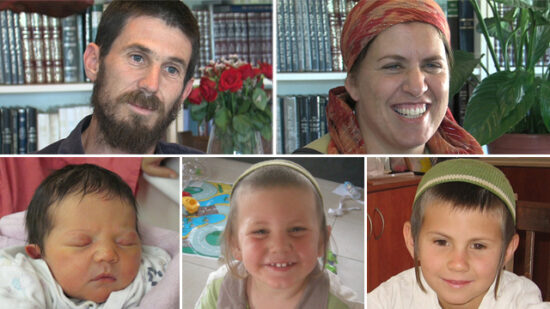
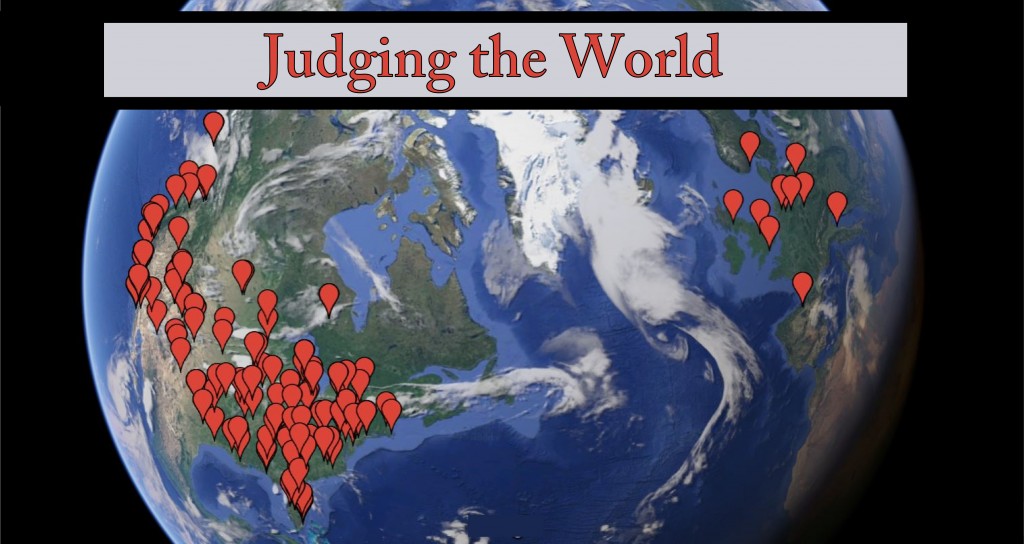
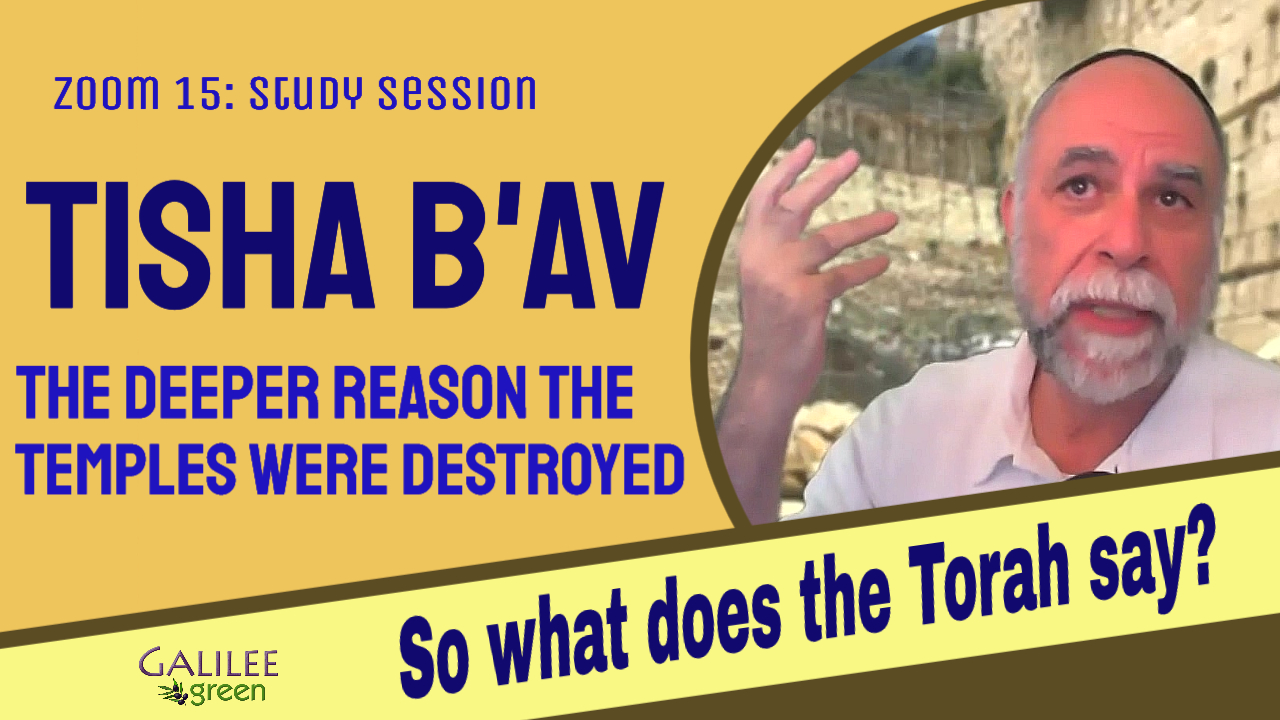
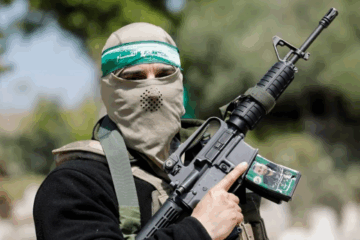
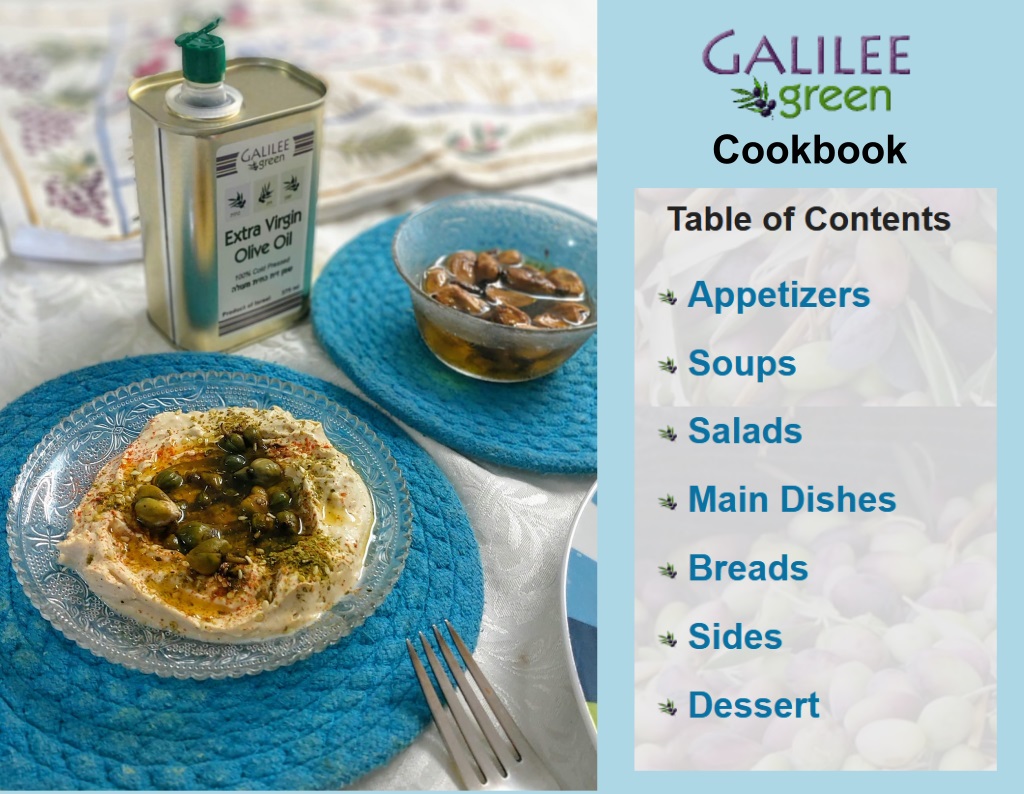
8 Comments
Mark Stephens · September 1, 2023 at 4:43 pm
Wish my wife and I could shop in that lovely farm shop for fruit and veg! The produce here in the UK is not sun ripened and most of the year tastes bland.
Brenda L Payton · September 1, 2023 at 6:27 pm
Wow That is a True Hero! May God bless them & keep His wall of fire around them & His glory in their midst! Praying for all of you!
Shalom
Mollie Cook · September 2, 2023 at 9:28 pm
Golda is a hero to me.
Judy Schmidt · September 3, 2023 at 9:53 pm
Wow,I am speechless! May ABBA bless them and lift His countenance to them and give them Shalom!
Marge Reynolds · July 5, 2024 at 2:05 am
Each of them drew from within when it was time to act, going above and beyond all preparations and expectations. I regard each as a hero.
Shmuel · July 7, 2024 at 3:42 pm
They both really are special people.
Vicki Richardson · July 5, 2024 at 7:41 pm
Thank you for sharing this powerful story of how God spoke to the Grandma to have those children come to stay with her. Continuing on with the miracle of Oma and David surviving the brutal attack. This story spoke to my faith in a God that knows where we are and what our daily needs are. Sometimes we question why, especially since Oct. 7th, I have no answers except grieving all of those lost so brutally. But I do believe Israel is the apple of God’s eye and will be victorious. I stand with Israel and voice daily Bring Them Home Now. I continue daily to stand in prayer for you and all you love and hold dear and for the nation that will be victorious.
s
Shmuel · July 7, 2024 at 3:42 pm
Thank you for your thoughtful comments Vicki… and your prayers.